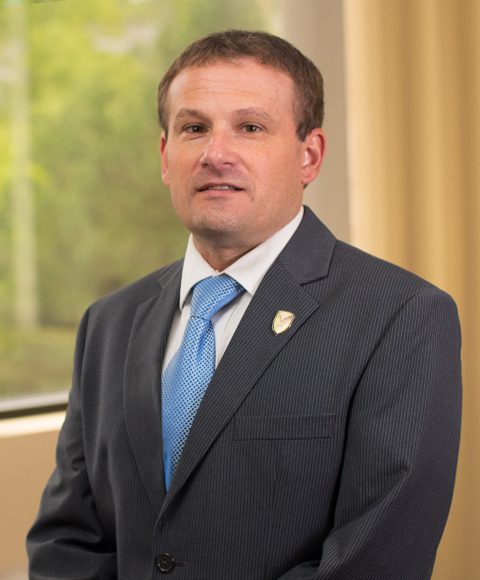NEW YORK (NewsNation Now) — Should members of the military who refuse to get the COVID-19 vaccine risk being dishonorably discharged? Some people think it’s fair, while others are working to prevent it.
Republican Sens. James Lankford, Tommy Tubberville, Ted Cruz and Roger Marshall are fighting to prevent active service members who refuse the vaccine from being dishonorably discharged.
“If they’re giving a dishonorable discharge, then that soldier is going to lose their benefits (and) are going to have problems getting a job in the future; they’ll lose their their benefits of getting a free education as well as health care,” Marshall said on ABC’s “Good Morning America.”
The Biden Administration has come out against an amendment to the defense budget that would prevent the Pentagon from dishonorably discharging service members who refuse to receive the COVID-19 vaccine.
Dan Abrams is a big supporter of vaccines but believes a dishonorable discharge goes too far. He brought in attorney Greg Rinckey and Jeremy Butler, CEO of Iraq and Afghanistan Vets of America, to debate the topic.
“Don’t think about it as a punishment for refusing a specific vaccine, think about it as a refusal to follow a lawfully provided order,” Butler said on Dan Abrams Live. “You raise your right hand to support and defend the Constitution of the United States and part of that means following the orders that you’re given. It doesn’t matter if it’s in your view is a small order or a big order. If it’s a lawful order, you follow it.”
Some members of the armed forces are required to have as many as 18 different vaccines, including the COVID jab. All service members, no matter where they’re stationed, are required to have nine different vaccines.
“That’s part of being in the military,” Butler said.
Butler, who is vaccinated, said he was ordered to get the shot because he is still in the Reserves. He served in the Navy and has worked for the Department of Homeland Security and the Department of the Navy.
“I don’t think we can let disinformation decide how we run our military,” Butler said. “And that’s the problem here is that at the end of the day, it’s a bigger issue of disinformation running rampant in this country.”
He hopes things do not get to the point where someone needs to be dishonorably discharged.
“I think that’s why the Department of Defense is doing everything possible to educate service members properly,” Butler said.
Rinckey is representing multiple clients in the military seeking COVID vaccine exemptions. He says getting a dishonorable discharge is not off the table, but is unlikely.
“I would highly doubt that any troops are going to be dishonorably discharged,” Rinckey said. “A dishonorable discharge is reserved for rapists, child molesters and the worst of the worst. So it’s more than likely, if they are discharged, they’re going to be discharged with a general or another (less) than honorable discharge, which still is going to stigmatize them in civilian life, and they’re going to lose some of their benefits.”
Rinckey says that’s what he’s fighting.
“Separating service members who have served overseas in Afghanistan and Iraq and then stigmatizing them with an other than honorable discharge and taking their GI Bill benefits is unduly harsh,” Rinckey said. “So we’re trying to convince convening authorities and general officers to separate service members with either a full honorable or general under honorable conditions discharge, so they’re not stigmatized in civilian life.”





